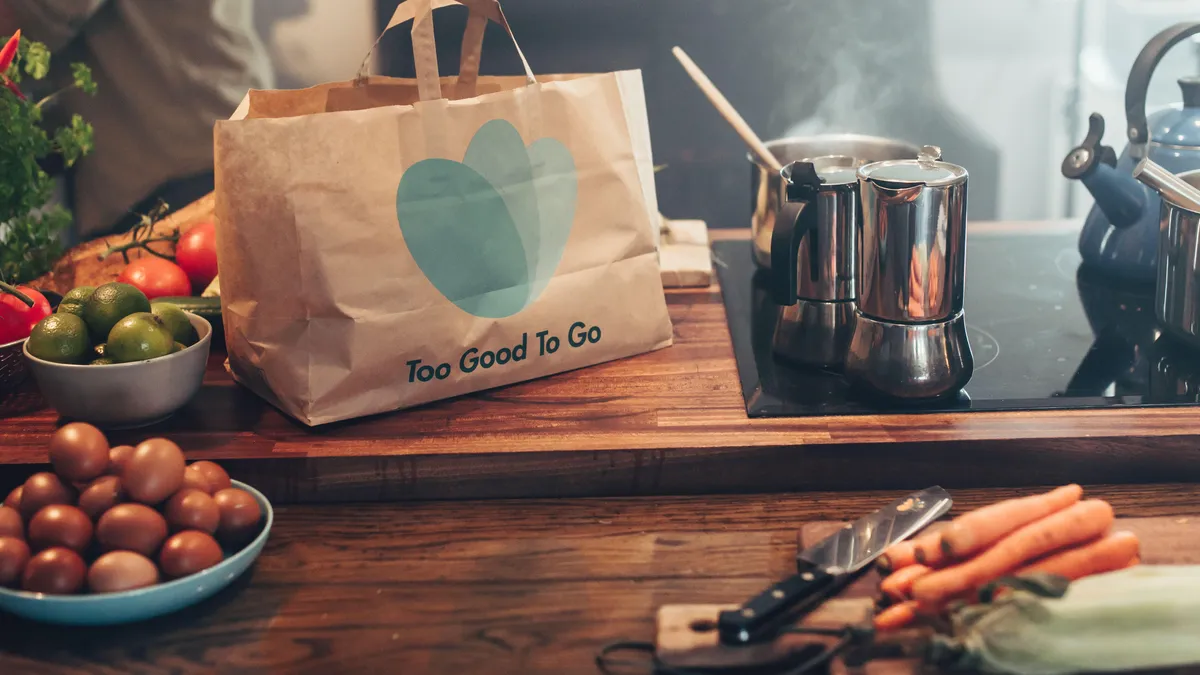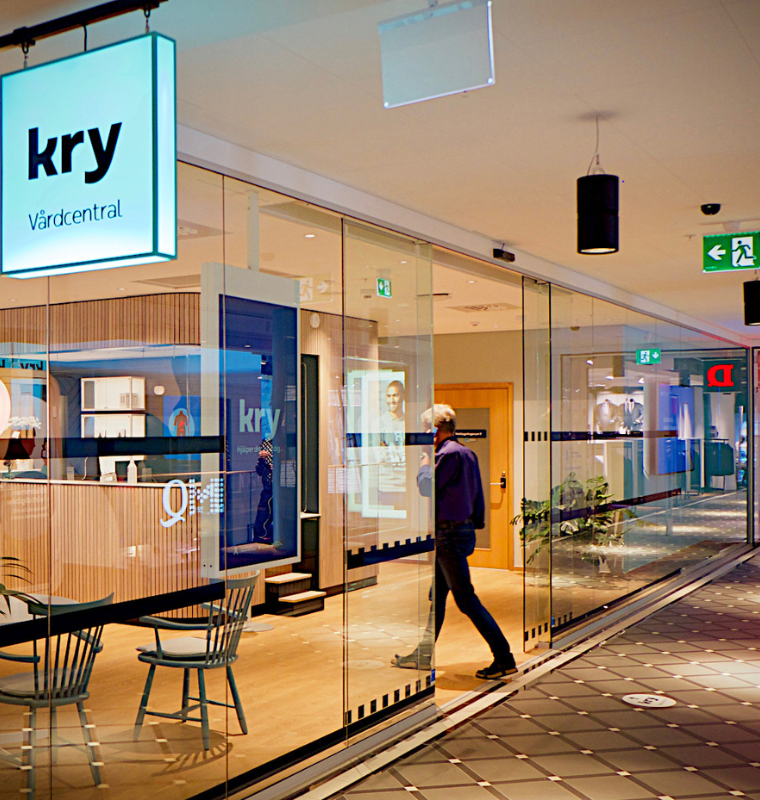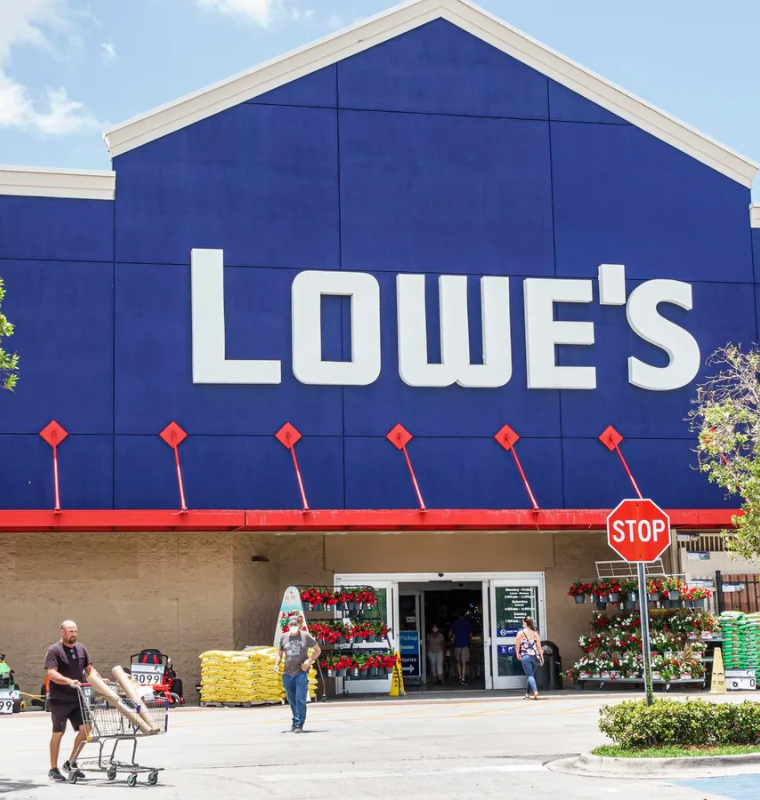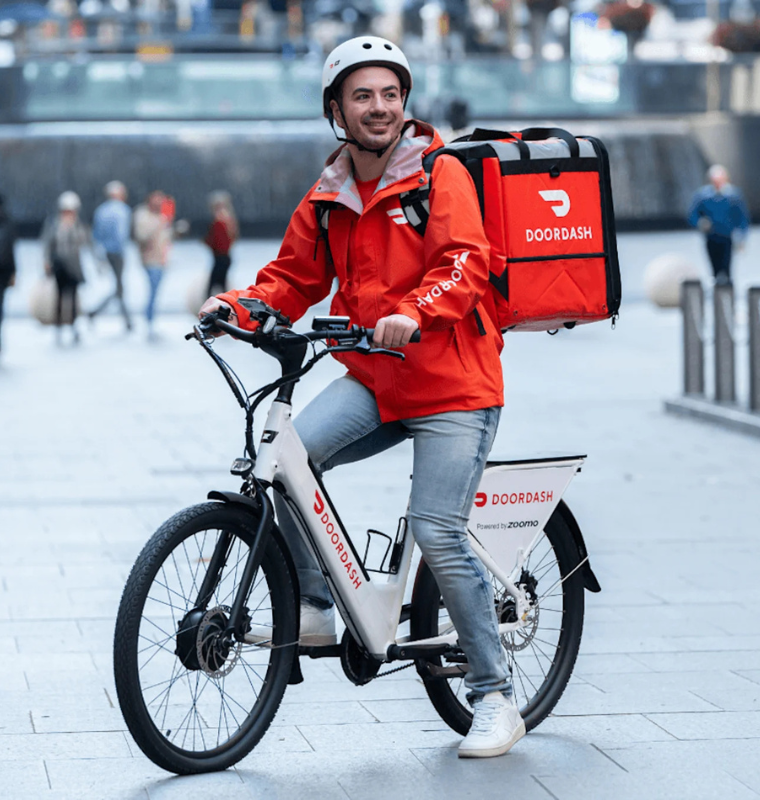Too Good To Go — The App Fighting Food Waste Across Europe
Too Good To Go — The App Fighting Food Waste Across Europe
By
Leah Rosenfeld
Last updated:
November 7, 2025
First Published:
November 30, 2025

Too Good To Go – Saving Food, Saving the Planet
Founded in 2015, Too Good To Go is a Danish tech startup dedicated to reducing food waste by connecting consumers with restaurants, bakeries, and supermarkets that have surplus food.
Through a simple mobile app, users can purchase unsold food at discounted prices, preventing it from being thrown away while promoting sustainability. Too Good To Go now operates in over 15 countries in Europe and North America, serving millions of users and partnering with thousands of businesses.
Founding Story
Too Good To Go was founded by Kasper Green, Thomas Bjørn Momsen, Klaus Baggesen, and Brian Christensen in Denmark after recognizing the staggering levels of food waste in the hospitality sector.
The team’s goal was to create a win-win solution: businesses reduce waste and recover some costs, while consumers access affordable food. Their vision was to leverage technology to change behavior and make food waste reduction effortless.
Funding and Growth Milestones
Too Good To Go has expanded rapidly with venture backing:
- 2015–2017: Seed funding of €5 million to launch the app in Denmark and initial European markets.
- 2019: Series A funding of €31 million, enabling expansion into new countries like France, Germany, and the UK.
- 2021: Series B funding of €26 million, scaling operations, improving logistics, and enhancing the app.
- 2023: Over 60 million users worldwide and partnerships with more than 50,000 restaurants and supermarkets.
The startup has become a leader in sustainable food solutions, transforming the way businesses and consumers approach surplus food.
Business Model and Technology
Too Good To Go leverages a marketplace model and technology to connect food businesses with consumers:
- Mobile App Platform: Users browse nearby businesses with surplus food and purchase “magic bags” at discounted prices.
- Partner Dashboard: Helps businesses track surplus inventory, manage sales, and reduce waste efficiently.
- Gamification & Community Engagement: Users earn badges and points for sustainable behavior.
- Data & Analytics: Provides insights into waste reduction trends and consumer behavior.
Revenue comes from a commission on each transaction, while businesses recover costs from food that would otherwise be wasted.
Market Impact
Too Good To Go is transforming food sustainability across Europe:
- Food Waste Reduction: Saved over 200 million meals from being discarded.
- Economic Benefits: Provides an additional revenue stream for businesses while offering affordable food to consumers.
- Consumer Awareness: Encourages sustainable behavior and conscious consumption.
- Global Recognition: Recognized by sustainability awards and climate initiatives as a model for impact-driven startups.
By aligning environmental goals with business incentives, Too Good To Go demonstrates the potential of profit-with-purpose startups.
Challenges and Controversies
Too Good To Go faces several challenges typical of sustainability-focused startups:
- Consumer Behavior: Changing habits around food consumption and waste.
- Operational Complexity: Coordinating real-time inventory across thousands of partners.
- Competition: Similar apps and supermarket loyalty programs.
The company addresses these through education campaigns, robust tech infrastructure, and strategic partnerships.
Future Outlook
Too Good To Go continues to scale and innovate:
- New Markets: Expansion into North America, Asia, and other European countries.
- Enhanced Logistics: Improving real-time inventory tracking and delivery options.
- Corporate Partnerships: Collaborating with larger food chains and hospitality groups.
- Sustainability Initiatives: Promoting awareness campaigns and integrating with ESG programs for businesses.
For entrepreneurs, Too Good To Go shows how technology can be used to solve global problems while building a scalable business model.
From a Danish startup to a global movement, Too Good To Go has redefined food consumption and waste reduction. By connecting businesses with surplus food to conscious consumers, the company promotes sustainability, affordability, and efficiency. Its story highlights how tech-driven marketplaces can create both environmental impact and commercial success.
Popular articles
Subscribe to unlock premium content
Estonia The Digital Nomad Paradise

The Rise of Indoor Vertical Gardening

Esports Tournaments Are Becoming the New Spectator Sport

Estonia The Digital Nomad Paradise

The Rise of Indoor Vertical Gardening

Estonia The Digital Nomad Paradise









